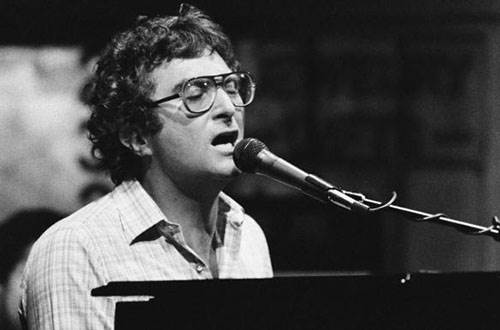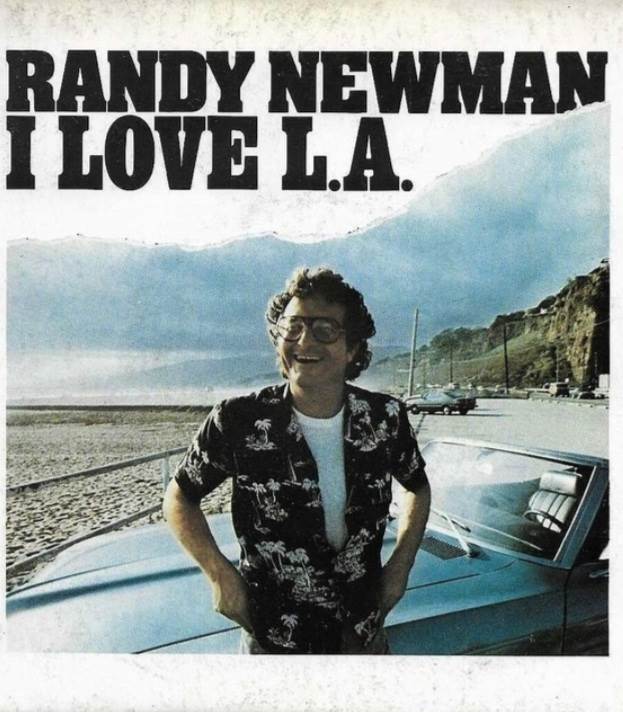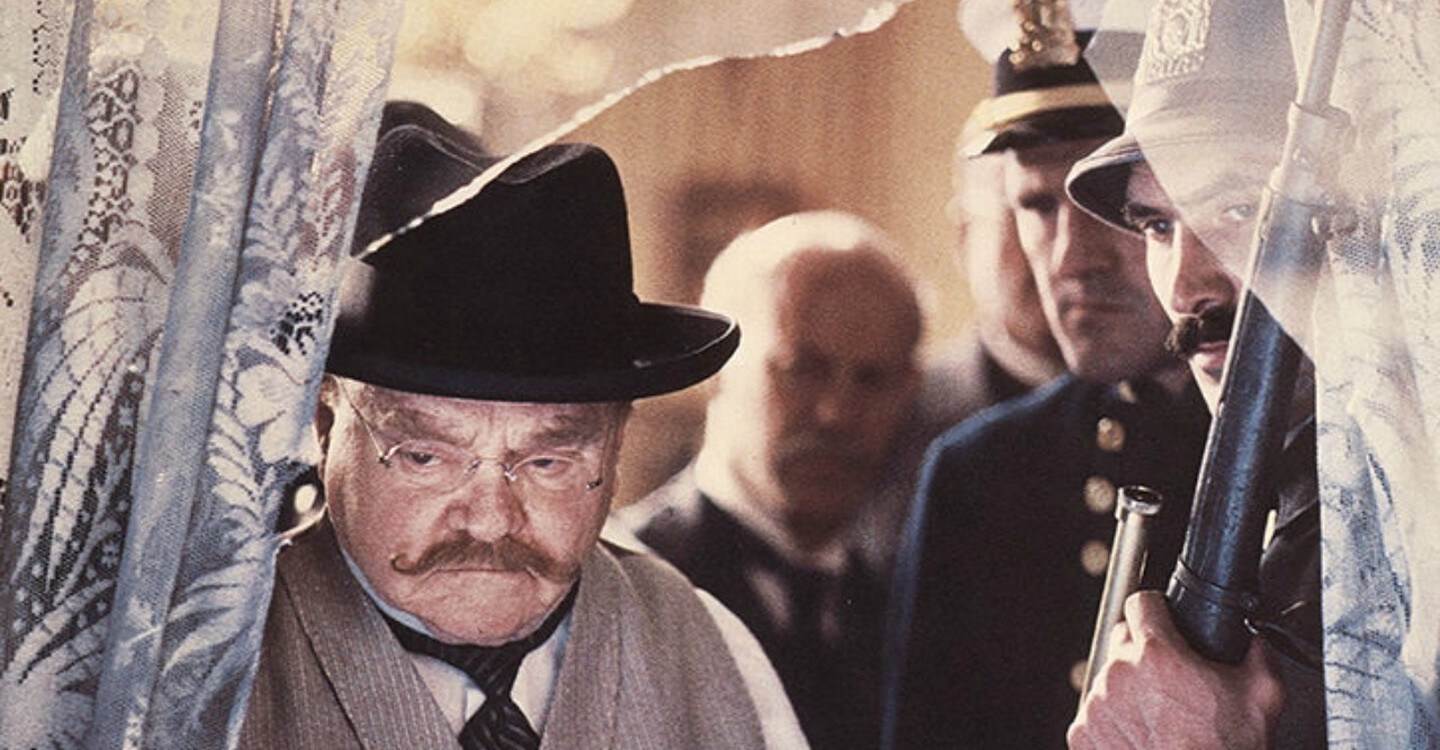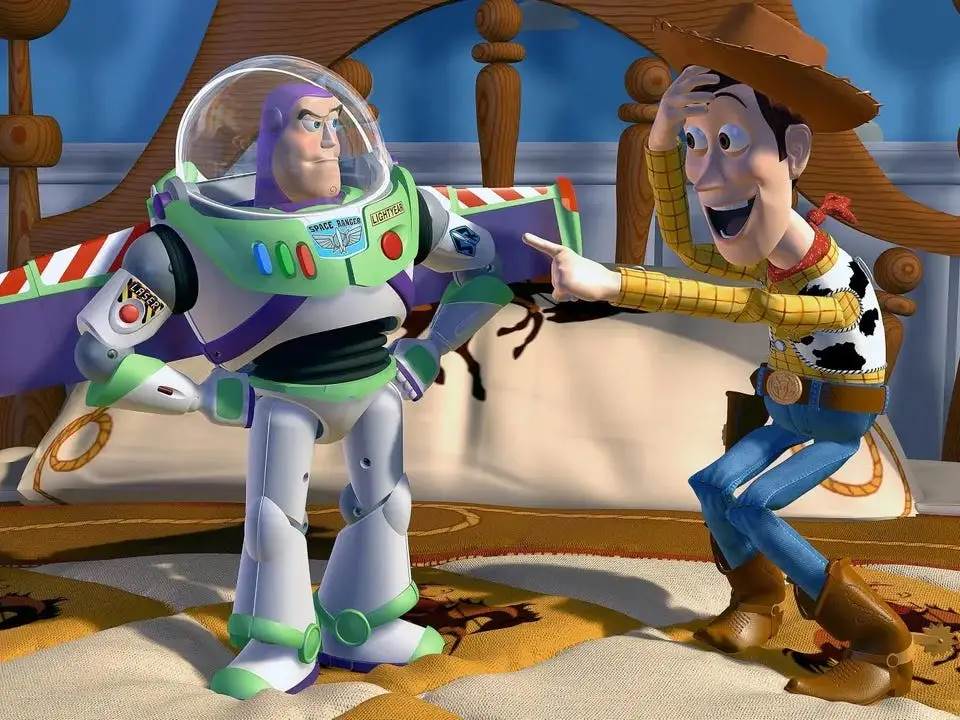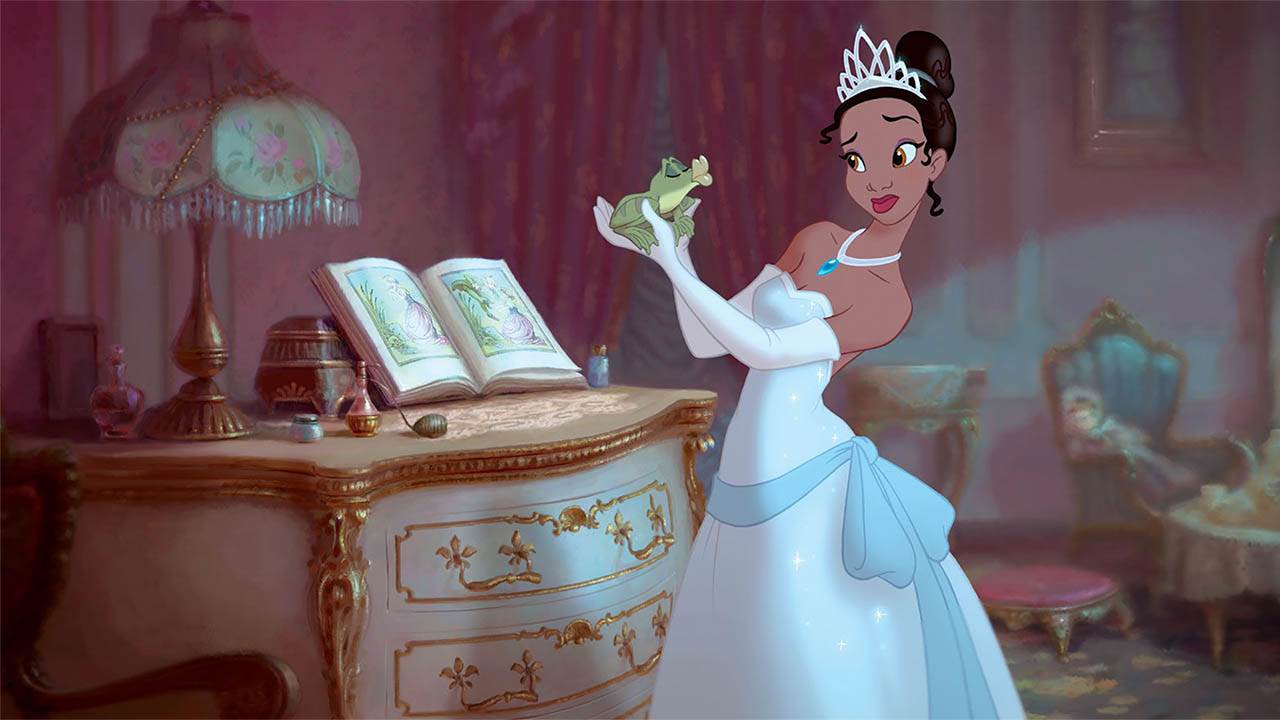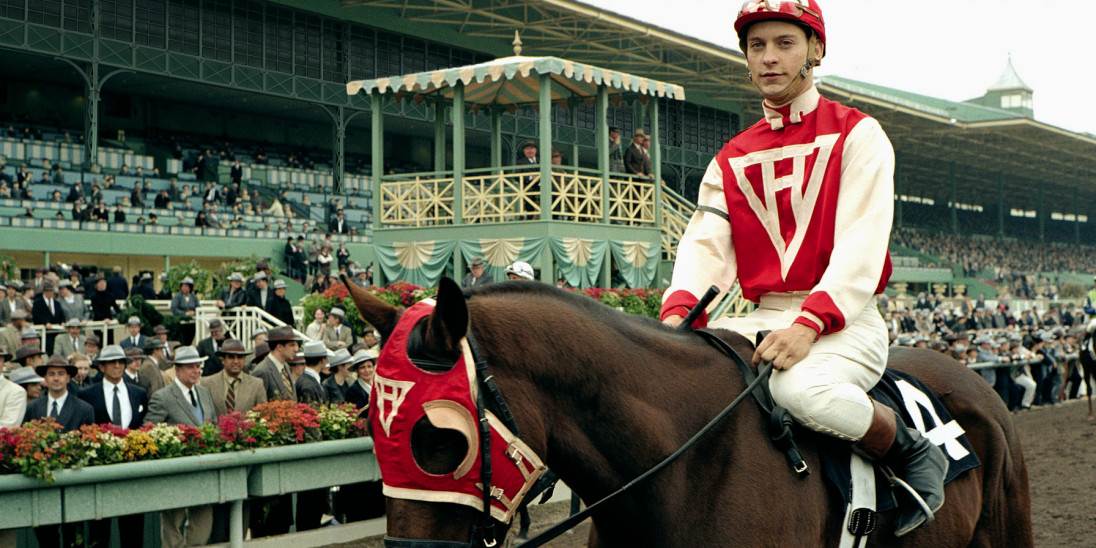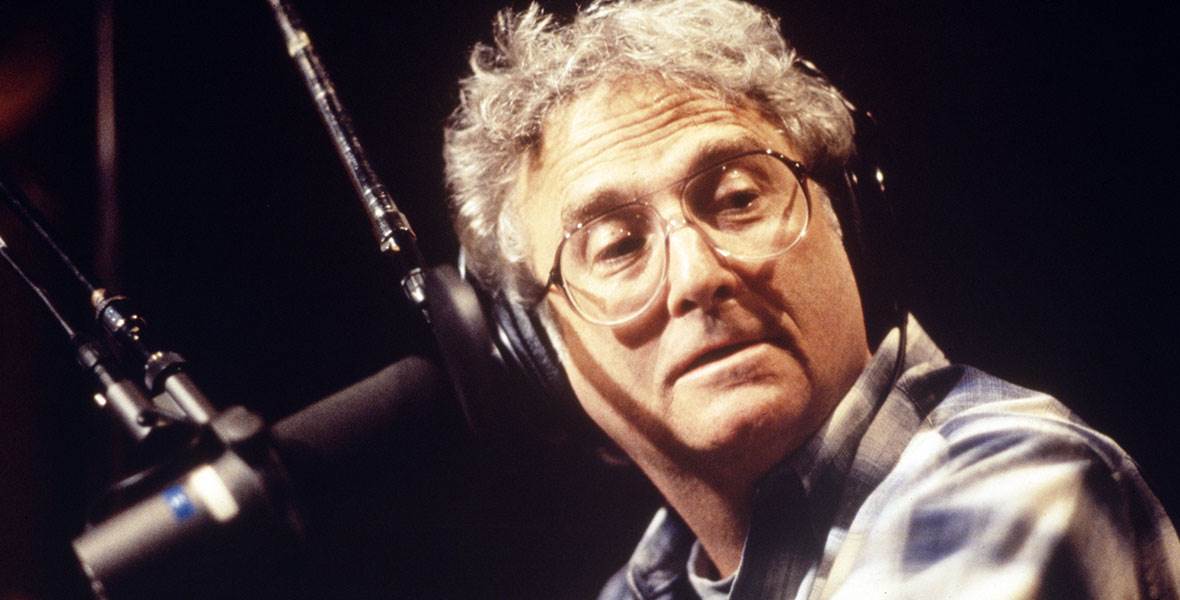Disney Legend Spotlight: Randy Newman
In the 1970s and 1980s, few could have predicted that Randy Newman’s satirical wit - hidden beneath his southern charm - would ever be a good fit for the Disney songbook. But fast forward a few decades, and Newman is one of the most celebrated and revered film composers to have ever created Disney content.
The unassumingly brilliant musician has scored over ten films in the Disney universe (nine for Pixar alone), and many other films outside Disney, to round out his melodious resume. Add in an impressive library of songwriting and individual studio recording work, and it’s no wonder Randy Newman is a bonafide Disney Legend.
Take a listen to the sweet sounds of Randy Newman in this edition of Disney Legends Spotlight.
Out of L.A., Into LA, and Back to L.A.
Randall (Randy) Stuart Newman was born in sunny Los Angeles, California on November 28, 1943. While he was born in the Golden State, he didn’t stay there long. Within weeks of being born, Newman’s family moved to the bayou of New Orleans, Louisiana, where he spent his early childhood days. Much like Walt Disney’s childhood days in Marceline, Missouri, Newman’s time in New Orleans would inspire much of his creative and cultural expression for the rest of his life. By the time Newman turned 11 years old, his family moved back to Los Angeles, where he would ultimately make his mark.
Newman comes from a musically talented family with a high pedigree of film composition success. Three of his uncles - Alfred, Lionel, and Emil Newman - were successful Hollywood film score composers. Alfred - his oldest uncle (no relation to the longtime MAD Magazine mascot and poster boy Alfred E. Neuman) - was the musical director of Twentieth Century Fox from 1940-1960, overseeing what was widely regarded at the time as the best studio orchestra in Tinseltown.
Newman's cousins, Thomas, Maria, David, and Joey, would also follow in the family’s musical footsteps, each enjoying successful careers as composers for motion pictures.
Growing up, Newman was enamored with the music of Ray Charles, stating to NPR in 2011 "I loved Charles' music to excess."
As a teen, Randy Newman graduated from University High School in Los Angeles. He went on to study music at the University of California, Los Angeles, but dropped out one semester shy of completing his degree (he later returned in 2021 to complete his degree).
The Tenacious Songwriter
Newman started writing songs professionally at age 17, with his first single as a performer - 1962's "Golden Gridiron Boy" - releasing when he was 18. The single was far from successful, and Newman chose to focus on songwriting and arranging for the next several years.
Songwriting proved to be a much more successful path for Newman. His earliest songwriting credit, for the Fleetwoods 1962 single "They Tell Me It's Summer" led to further commissions for Pat Boone, Petula Clark, Dusty Springfield, Jackie DeShannon, the O'Jays, Irma Thomas, Cilla Black, and Alan Price Set, among others.
Into the Studio
Feeling a growing confidence in his songwriting success, Newman began recording his own music again. His 1968 debut album, eponymously titled Randy Newman, was a critical success despite the fact that it failed to crack the Billboard Top 200. In 1970, contemporary Harry Nilsson recorded an entire album of Newman compositions (where Newman played piano) called Nilsson Sings Newman. The album was not a commercial success, but critics liked it. Nilsson’s album paved the way for Newman's 1970 release, 12 Songs, which was a more stripped-down sound showcasing Newman's piano prowess.
Newman’s Little Criminals, released in 1977, contained a surprise hit titled "Short People", which became a bit of a cultural controversy. Many listeners at the time thought the song reflected Newman's sincere belief in a bias against the vertically-challenged. However, Newman intended the song to be a satire about prejudice in general, demonstrated through the point of view of a biased narrator. He’s gone on to state "The guy in that song is crazy. He was not to be believed." The album proved Newman's most popular to date, reaching No. 9 on the US Billboard 200 chart.
The 1983 album Trouble in Paradise included perhaps Newman’s most famous non-film-composition single "I Love L.A." The contemporary anthem for a modern (1980s) Los Angeles has been interpreted as both praising and criticizing the entertainment heart of America. As Newman explained in a 2001 interview, "There's some kind of ignorance L.A. has that I'm proud of." The anthem has gone on to feature prominently at home games for both the L.A. Dodgers and the L.A. Lakers, and the L.A. Kings hockey team plays the song to accompany goals for the home team.
Image: Warner Bros.
Overall, Newman has gone on to release well over a dozen studio albums, which have spanned the length of his storied career. But it is Newman’s work in film which has garnered him the most acclaim…
Sounding Out on Camera
Newman got his feet wet in the art of visual media scoring while working on the 1960s television shows Lost in Space, Peyton Place, Voyage To The Bottom Of The Sea, and Judd For The Defense.
In 1971, Newman scored his first film, creating the music for Norman Lear's 1971 satire Cold Turkey (which happened to star co-Disney Legend Dick Van Dyke).
It would be another decade before Newman scored another film - 1981’s Ragtime - but the break proved to be worth the wait. Newman was nominated for two Academy Awards for his work on the film, including Best Original Score and Best Original Song, for “One More Hour."
Image: Paramount
Randy Newman tackled the world of old-time baseball in 1984’s The Natural, a film chronicling the life and career of a fictional baseball legend. Newman earned an Academy Award nomination for Best Original Score.
Adding a bit of comedy to his repertoire, Newman co-wrote the 1986 film Three Amigos with Steve Martin and Lorne Michaels. Newman also wrote three songs for the film, and provided the voice for the iconic (albeit just slightly annoying) singing bush.
Pixar’s Musical Pioneer
Randy Newman first got the call to score a Pixar film when the animation pioneer was working on their first feature length film - 1995’s Toy Story. Woody, Buzz, and the rest of the Toy Story characters would go on to make cinematic history. If the studio’s first feature-length film acted as an audition of sorts for all facets of computer-animated animation entertainment, then Newman must have passed the musical section with flying colors. He would go on to score six of Pixar’s first nine feature films, and nine of Pixar’s feature films in total. His efforts in Toy Story earned him two more Academy Award nominations, for Best Original Score and Best Original Song - for “You’ve Got a Friend in Me" - arguably Newman’s most popular Disney song.
Image: Disney
Continuing to work his masterful music, Newman went on to score the Pixar films A Bug's Life (1998), Toy Story 2 (1999), Monsters, Inc. (2001), Cars (2006), Toy Story 3 (2010), Monsters University (2013), Cars 3 (2017), and Toy Story 4 (2019). Newman earned at least one Academy Award nomination for six of the nine films he has scored for Pixar, finally winning an award for Best Original Song, for the Monsters, Inc. song “If I Didn’t Have You."
Prior to winning his first Academy Award, Newman had the dubious distinction of receiving the most nominations (15) without a single win. In winning his first Academy Award, Newman had to beat a crowded field including Sting, Enya, and Paul McCartney. That’s some tough competition!
Newman won a second Academy Award for Best Original Song, for Toy Story 3’s “We Belong Together."
Newman’s Other Disney Film Work
Randy Newman followed his 1995 Toy Story splash with the score for the 1996 Disney film James and the Giant Peach. The Tim Burton-produced film wasn’t a box office blockbuster like Toy Story, but it did earn Newman another Academy Award nomination for Best Original Score.
After penning a handful of additional scores for Pixar, Newman collaborated with Disney Studios directly for the 2009 film The Princess and the Frog. Two of Newman’s memorable songs for the film, "Almost There" and "Down in New Orleans," were nominated for Oscars.
Image: Disney
Outside the Disney Bubble
While Randy Newman is famous among Disney fans for his Disney/Pixar work, the prolific composer has crafted quite a few film scores outside Disney. Newman’s work for the 1998 teen fantasy film Pleasantville earned him another Academy Award Nomination.
Newman’s comedic stroke worked well for his musical scores for Major League (1989), Meet the Parents (2000 - with another nomination for Best Original Song), and Meet the Fockers (2004).
Taking an inspirational lap, Newman scored the 2003 film Seabiscuit, based on the life and racing career of Seabiscuit, an undersized (and overlooked) thoroughbred race horse, whose unexpected successes made him a hugely popular media sensation in the United States during the Great Depression.
Image: Dreamworks
For television, Newman wrote the song "It's a Jungle Out There" which was used as the theme song for the television show Monk, beginning with Season Two of the show. The tune won the 2004 Emmy Award for Outstanding Main Title Theme Music. Fun Fact: The first season's theme song "Monk Theme" had won the same award the previous year, making Monk the first series to have two different theme songs win an Emmy for Outstanding Main Title Theme Music in consecutive years. Newman also composed the Emmy Award-winning song "When I'm Gone" for the show’s 2010 finale episode.
Lastly - and while maybe not exactly iconic material - in the 1970s, Newman co-wrote a jingle for Dr. Pepper with Jake Holmes called "Most Original Soft Drink Ever."
Down in New Orleans
Randy Newman may have spent most of his life in Los Angeles, but he never forgot the place he came from - his childhood home of New Orleans.
In the aftermath of Hurricane Katrina in 2005, Newman's 1974 song "Louisiana 1927" became an anthem for the region and was played heavily on a wide range of American radio and television stations. The song itself tells the story of the Great Mississippi Flood of 1927 which left 700,000 people homeless in Louisiana and Mississippi. In addition to chronicling the physical devastation to the region, Newman’s song (along with an Aaron Neville cover of Newman’s original) also criticized the callous response from the federal government.
Randy Newman - A Storied Songwriter
All told, Randy Newman has received 22 Academy Award nominations in the Best Original Score and Best Original Song categories, winning twice for Best Original Song. While accepting his second Academy Award in 2011, for "We Belong Together," Newman cheekily joked "my percentages aren't great."
Image: Disney
All told, Randy’s accolades have helped the Newmans become the most nominated Academy Award extended family, with a collective 92 nominations in various music categories (as of the time of this article).
In addition to his two Academy Awards, Newman has won three Emmy Awards and seven Grammy Awards.
Lifetime achievement accolades have been rolling in for Newman for quite some time. He was inducted into the Songwriters Hall of Fame in 2002, and the Rock and Roll Hall of Fame in 2013.
In 2010, Newman received a star on the Hollywood Walk of Fame, and in 2014 he received a Max Steiner Film Music Achievement Award.
And of course, Randy Newman was named a Disney Legend in 2007.
Thanks for reading friends. Do you have a favorite Randy Newman film score? Offer a comment or share this article with a friend by reaching out on social at: Instagram X
Check out more Disney Legends in our spotlight collection.
Sources:
Disney Legend Randy Newman, D23
Randy Newman, The Musical Voice Of 'Toy Story' - Tim Greiving, NPR, June 21, 2019



